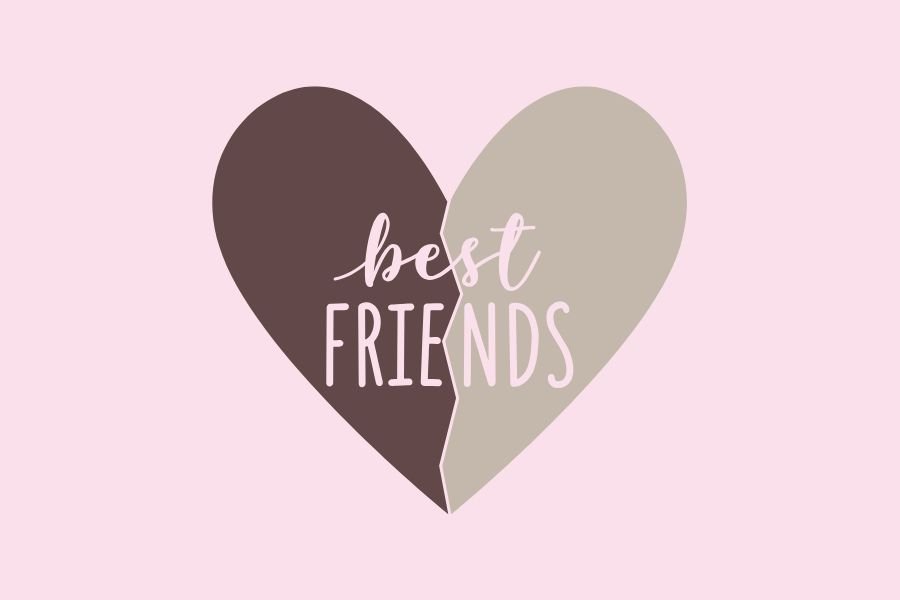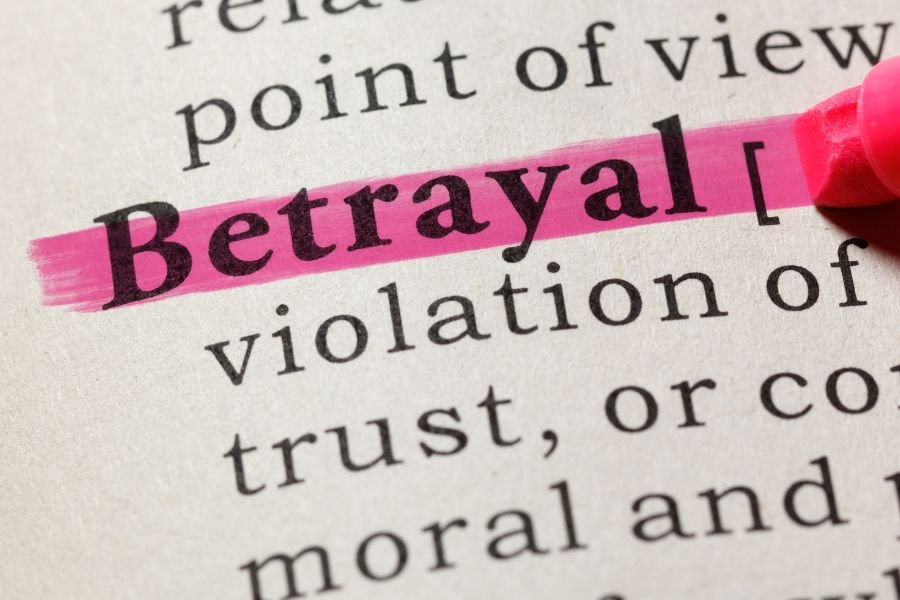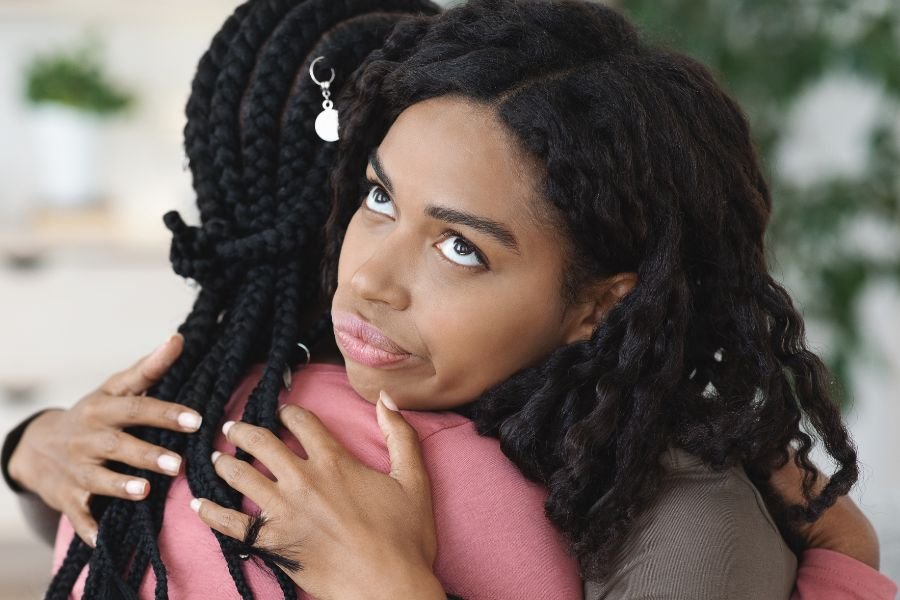ARE YOU ENABLING YOUR FRIENDS?
That’s My Show!
Girlfriend Edition
This month we’re starting a new series entitled, That’s My Show!, where we examine some of our favorite TV show friendships to explore different topics related to all things friendship and sisterhood. This month we’re using the hit show Girlfriends.
This Award-winning sitcom follows four friends, Joan, Toni, Maya, and Lynn as they experience the highs and lows of life together as friends.
This week’s topic is inspired by an episode where Lynn took advantage of her friend’s kindness, and her best friend Joan enabled Lynn’s behavior.
TV SHOW: GIRLFRIENDS
SEASON: 1
EPISODE: 17, “THE DECLARATION OF LYNNDEPENDENCE”
Are you enabling your friends?
I know that’s a loaded question, and one that can put anyone on the defense yelling “absolutely not!”
But think about it…are there things that you do for your loved ones that they could be/should be doing for themselves?
Are there behaviors that you’re overlooking because you’re afraid to say something? Or is the “help” you're providing, not really helping your friend at all?
Sometimes it’s easy to think that you’re protecting your friend and feel that it’s your responsibility to care about their well-being, but that can teeter the line of being an enabler.
Check out this week’s blog post to see a clear example of enabling, and let’s identify ways to go from enabling to helping our friends!
Episode Recap
Joan, Toni, and Lynn have all been friends since college. Both Joan and Toni have careers, while Lynn is a professional student whose been crashing on their couches.
Toni wants Lynn to get a job and find a place to live, and while Joan wants the same, she has a hard time not coddling Lynn.
When Toni gives Lynn a timeline to get a job or get kicked out, Joan finds herself offering Lynn money to do yard work to help her out.
After that, Toni along with other friends holds an intervention for Joan to discuss how enabling is not helping Lynn, but holding her back.
In the end, Joan did realize she needed to let Lynn figure out life on her own. She still offered to help her in the future, only this time she made sure to set a boundary.
Positive Friendship Moments
Both Toni and Joan showed up for their friend in a time of need.
Joan had a genuine concern for her friend’s well-being and wanted her to be safe.
The “intervention” held by the friend group wasn’t attacking. While there were some funny moments, the women still spoke to one another with respect.
Questionable Friendship Moments
When Lynn was addressed by Toni and Joan about getting herself together, she tried to make it seem like her friends didn’t care about her.
When Lynn knew she wouldn’t meet Toni’s timeline to get a job, she played on Joan’s emotions knowing she wouldn’t want her to be out on the street.
At one point in the intervention, Lynn blamed Joan for enabling her instead of taking immediate accountability for her inactions.
Other Notable Moments
In the beginning, Lynn was well aware that she was “leaching” off her friends and was okay with it.
Toni allowed Lynn to stay with her under the condition that she would get on her own two feet in 8 weeks, while Joan allowed Lynn to stay with her for 8 years with no expectations.
A couple of times Joan did try to put her foot down and told Lynn she wouldn’t help her, but then she would give in.
Episode Takeaway
When Joan continuously enabled Lynn, Lynn became entitled. She struggled with trying to find a job or place to live because it was always given to her.
One takeaway would be to have faith and let your friends experience the natural bumps and bruises of life. Those moments build character and develop the soft skills needed to navigate our daily experiences.
Another takeaway would be to not allow your caring nature to cause you to cross your own boundaries. You can be helpful to others without being hurtful to yourself.
So what is an Enabler?
By Merriam-Webster’s definition, an enabler is someone that enables another to achieve an end, especially one who enables another to persist in self-destructive behavior by providing excuses or by making it possible to avoid the consequences of such behavior.
Let’s break down this definition into two parts.
1| Helping your friend achieve an end that could be harmful, or supporting certain decisions that could be hindering her growth.
These are the moments where you just want her to be happy, even if it’s short term, so you agree with certain decisions that do not serve her well.
This is also when you take care of one of her responsibilities that she failed to do, so that she avoids trouble or setbacks.
How this tends to backfire is that your friend can get complacent, or worse, manipulative, knowing that you will always come to their aid to do things for them.
2| Justifying your friend’s behavior to diminish its significance or negative impact.
This is when you make excuses for something that your friend is doing because you want to be understanding.
It’s when you make an effort to empathize with her feelings, so you choose to neglect that her actions have caused harm to herself or others.
Helping vs Enabling in Friendships
Make no mistake about it, helping a friend is a great thing! We are blessed to be a blessing to others, so we should be lending a helping hand to our sisters.
But when your help removes the natural consequences of her actions, it shows that you don’t believe in her, and it robs her of the life experience needed that could help her mature and grow.
Let’s examine some differences between enabling in friendships vs helping in friendships.
Examples of Enabling in Friendships
Telling your friend it’s okay for her to go through her significant other’s phone because she has suspicions of infidelity.
Saying things like “that’s just how she is” to excuse her bad behavior.
Giving your friend credit on assignments that she didn’t contribute to so that she won’t fail a class.
Allowing your friend to speak to you disrespectfully because you know their personal life is stressful.
Turning a blind eye to your friend’s bad habits out of fear or guilt that she will be mad at you or feel judged.
Examples of Helping in Friendships
Let’s take those same examples from the previous section and see how we can make them more helpful.
Listening to your friend vent about her relationship concerns and encouraging her to communicate her feelings to her significant other.
Holding her accountable for her inappropriate or dysfunctional behavior.
Scheduling library sessions to work on your assignments together to help one another pass the class.
Empathizing with your friend’s challenges and past traumas, but setting a standard of not tolerating raised or condescending tones, hurtful words, or any form of disrespectful communication.
Communicating with your friend about how her bad habits make you feel, specifically coming from a perspective of genuine concern. Saying things like “When you do ____, it makes me feel ___ because I see the effect it has on you and I care about you.”
One thing Joan said in this episode was,
“I’m a caring person, I help my friends, isn’t that what friends are supposed to do?”
The answer is yes, but not at the expense of yourself, and not when the help prevents your friends from solving their own problems.
So again I ask, are you enabling your friends? Or have you in the past? Have you been the friend who was enabled?
I know that I have, and I am not judging myself or others for it.
This post is simply a call to action for all of us to reflect on our friendships and see if we have crossed that line. If so, my hope is that we make the change from enabling to helping, because that’s how we show real love to our friends.












